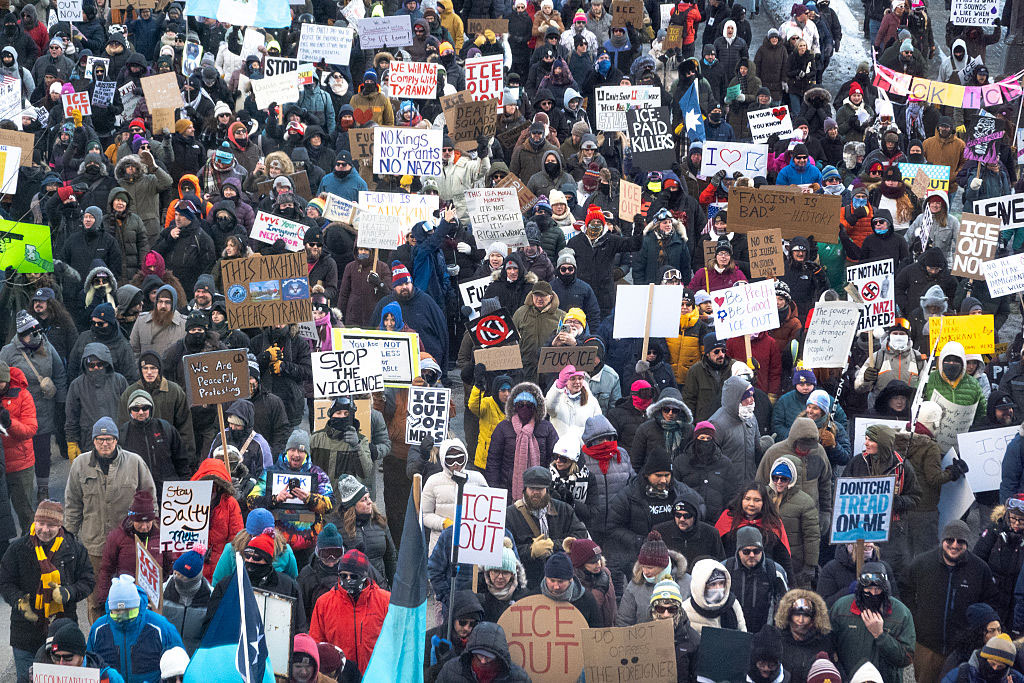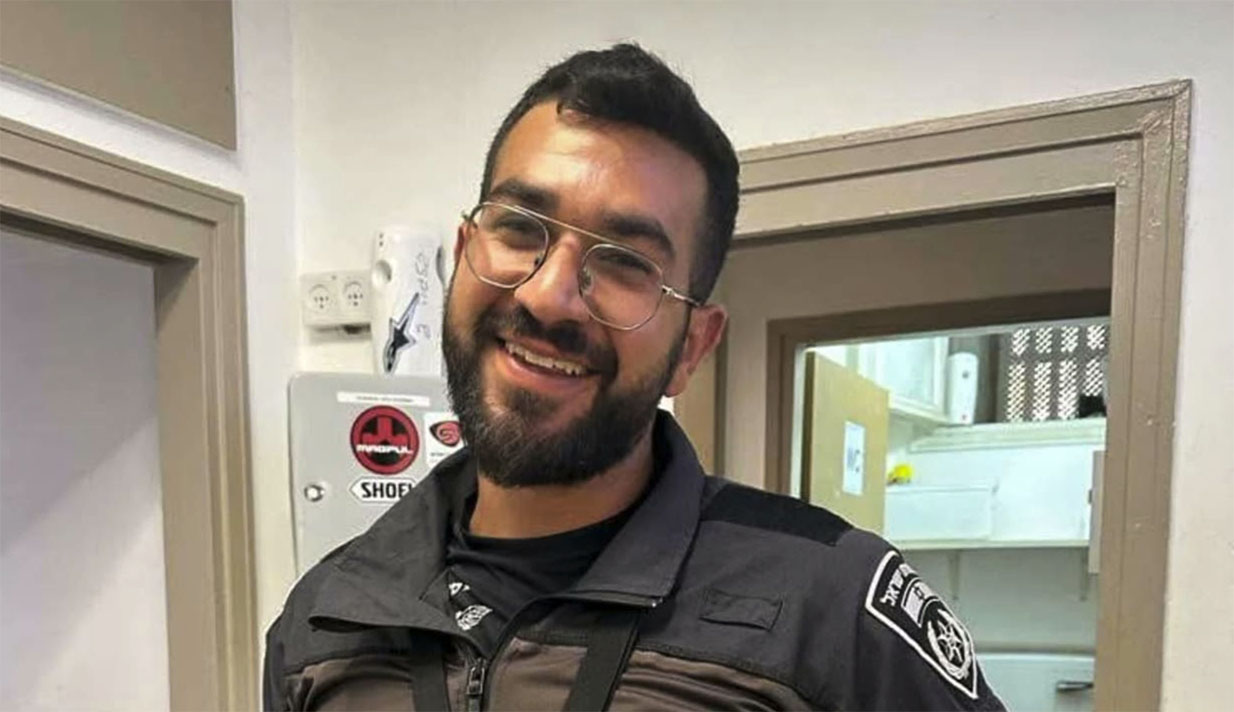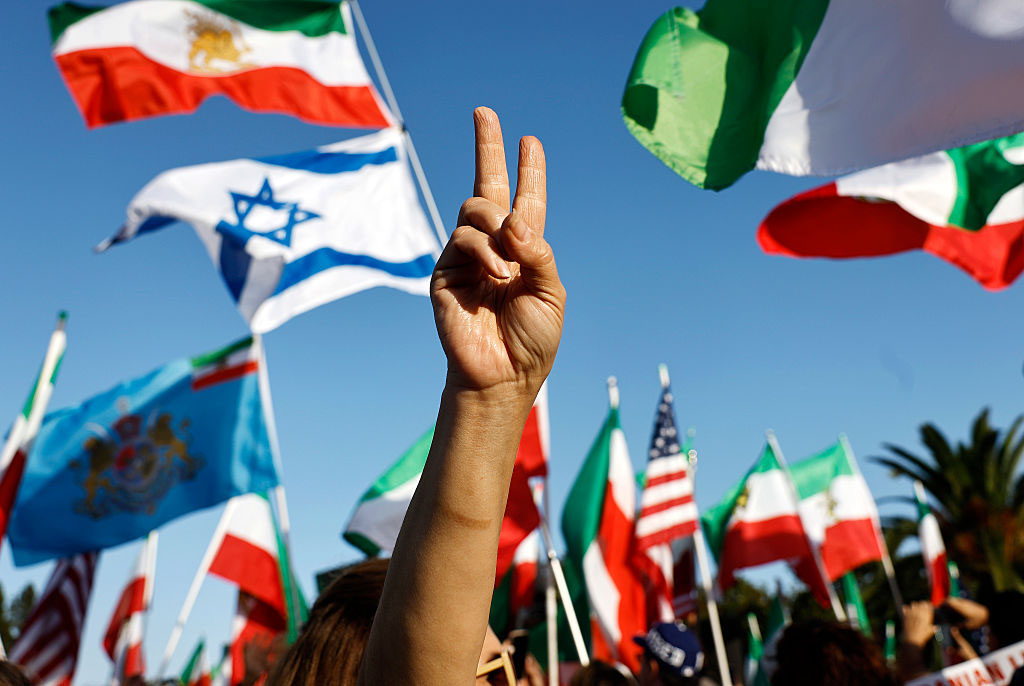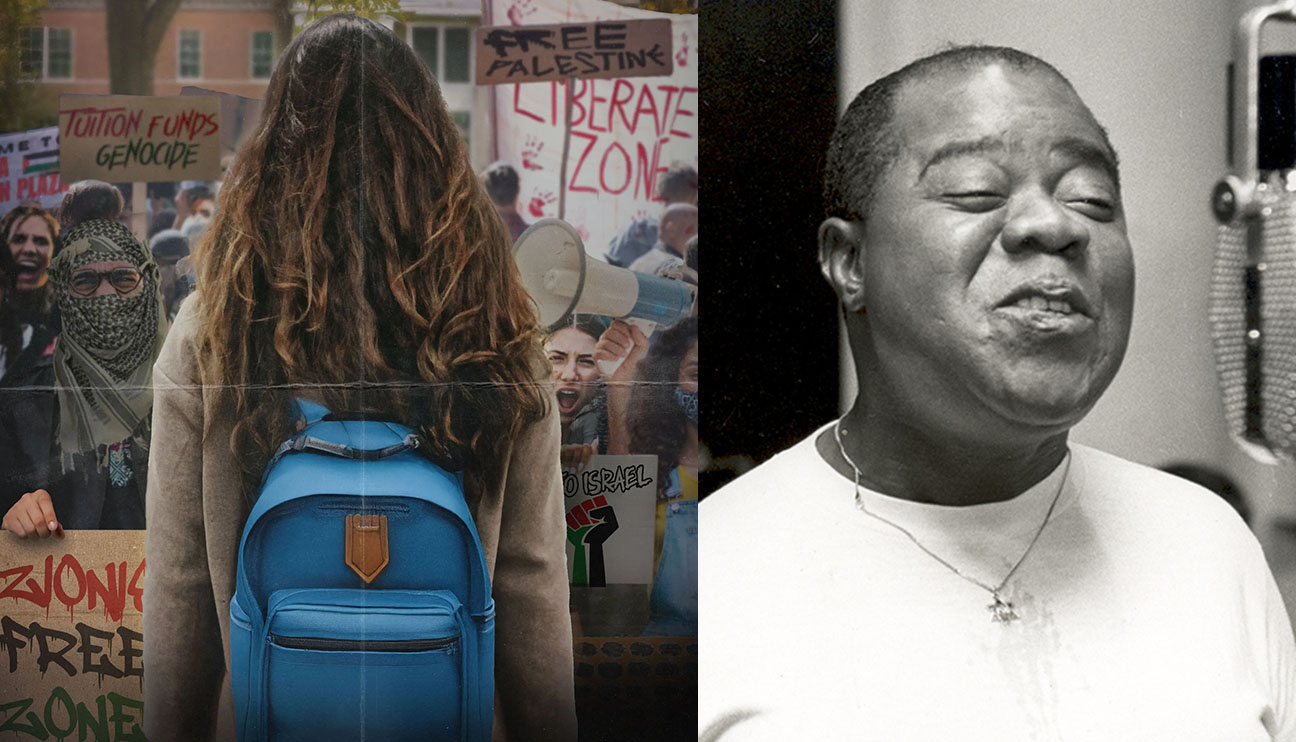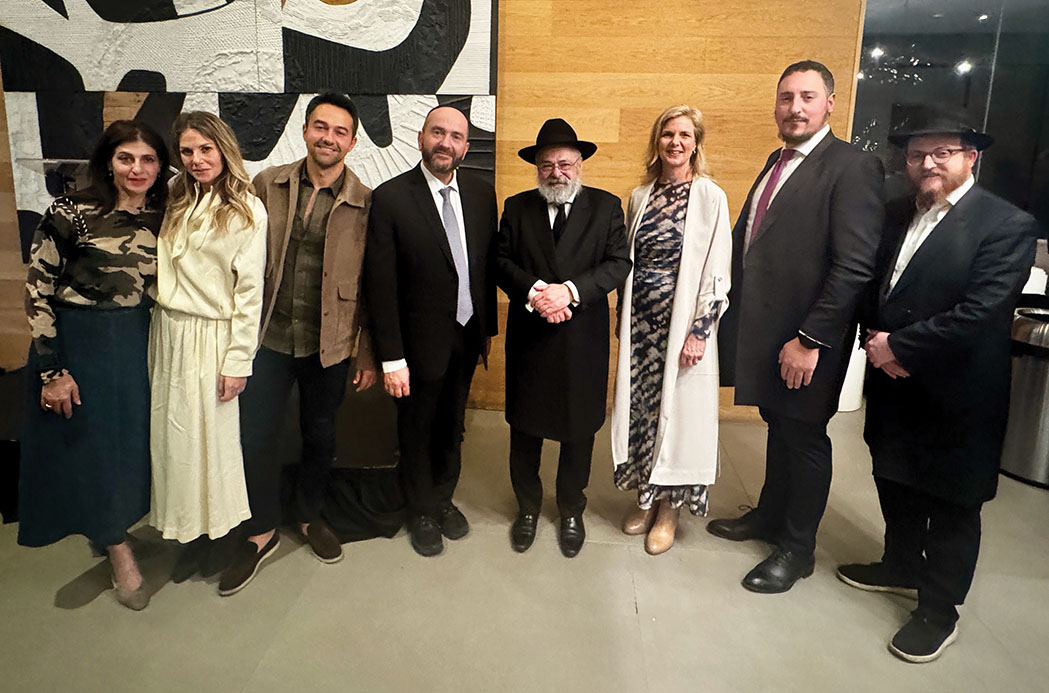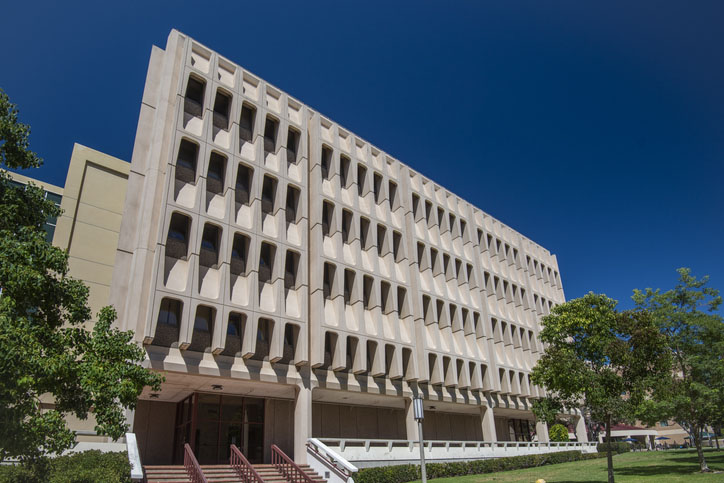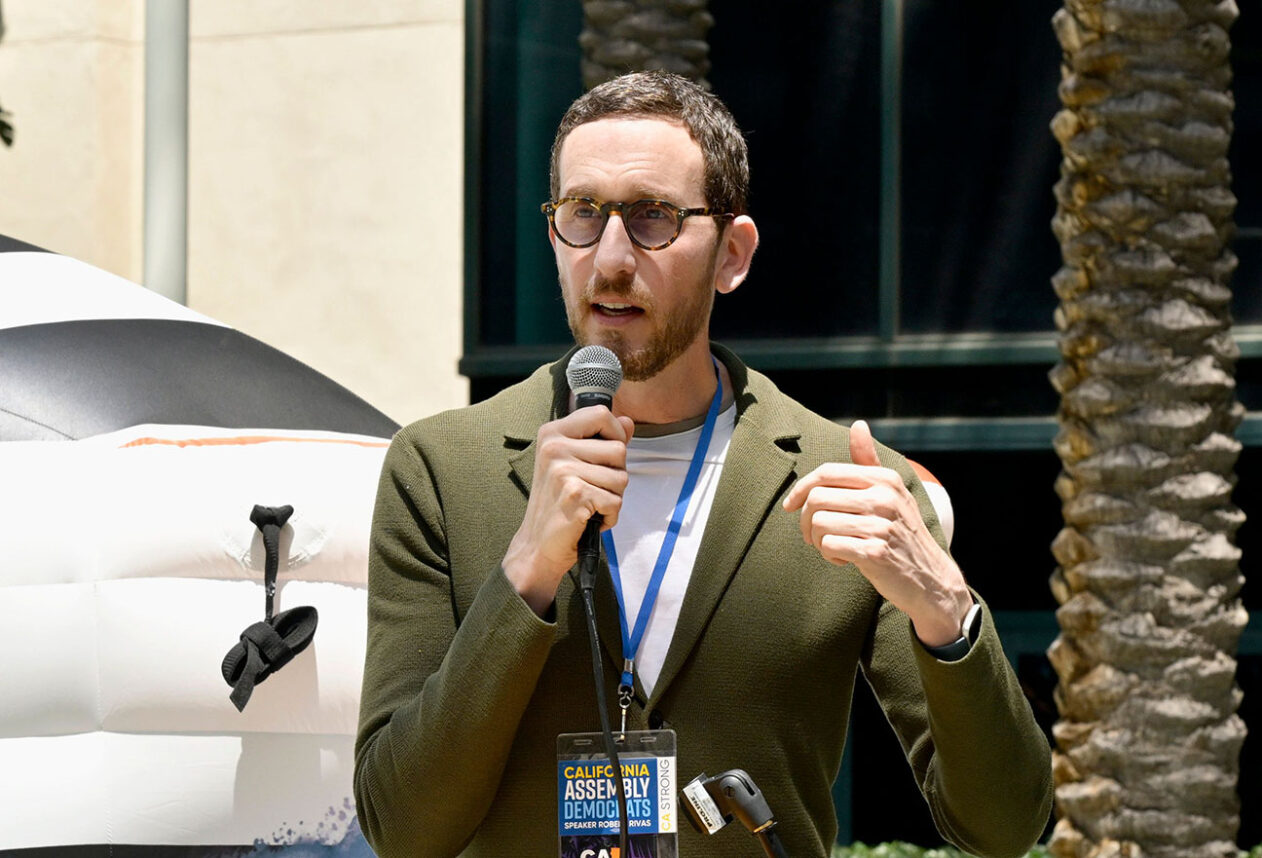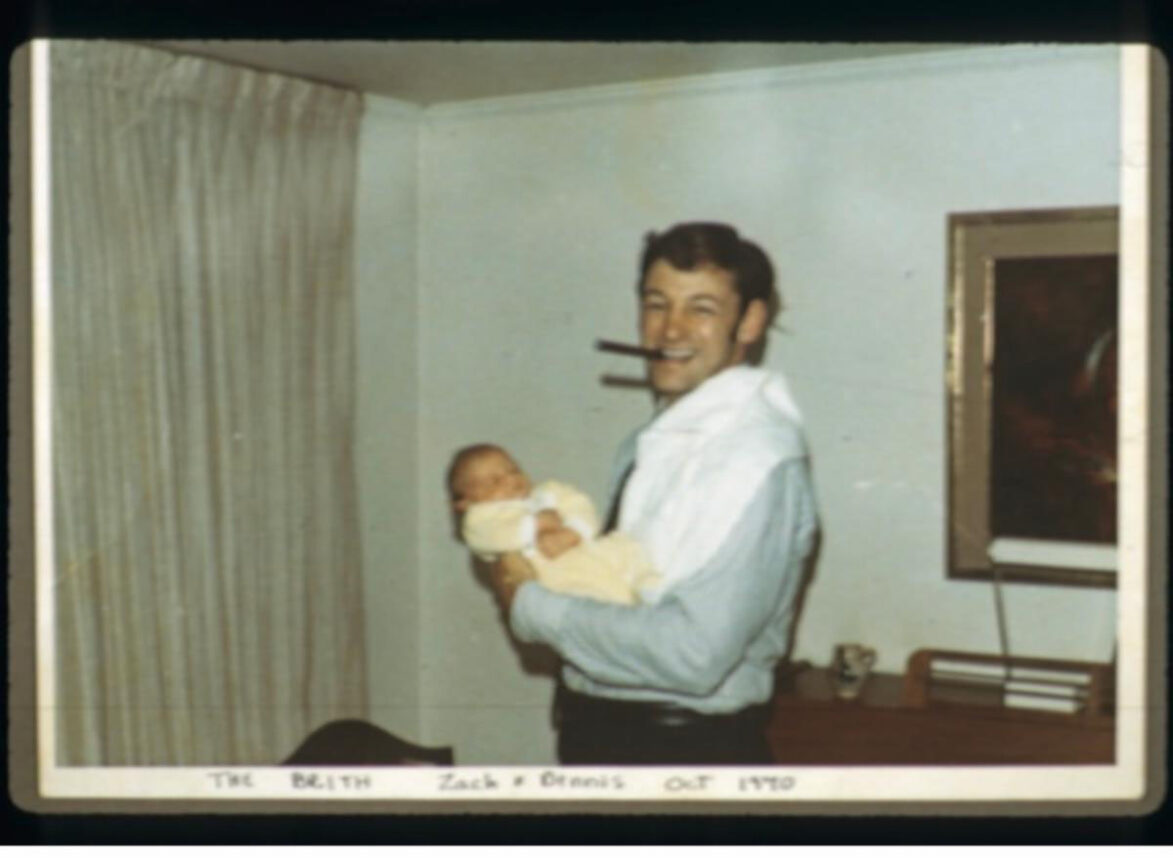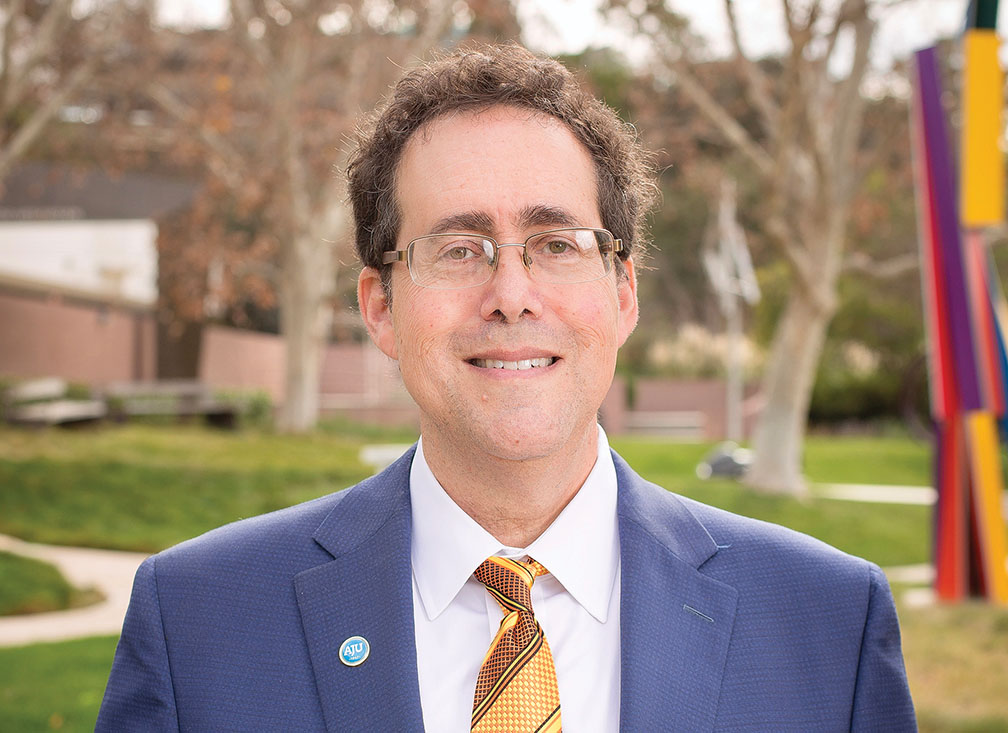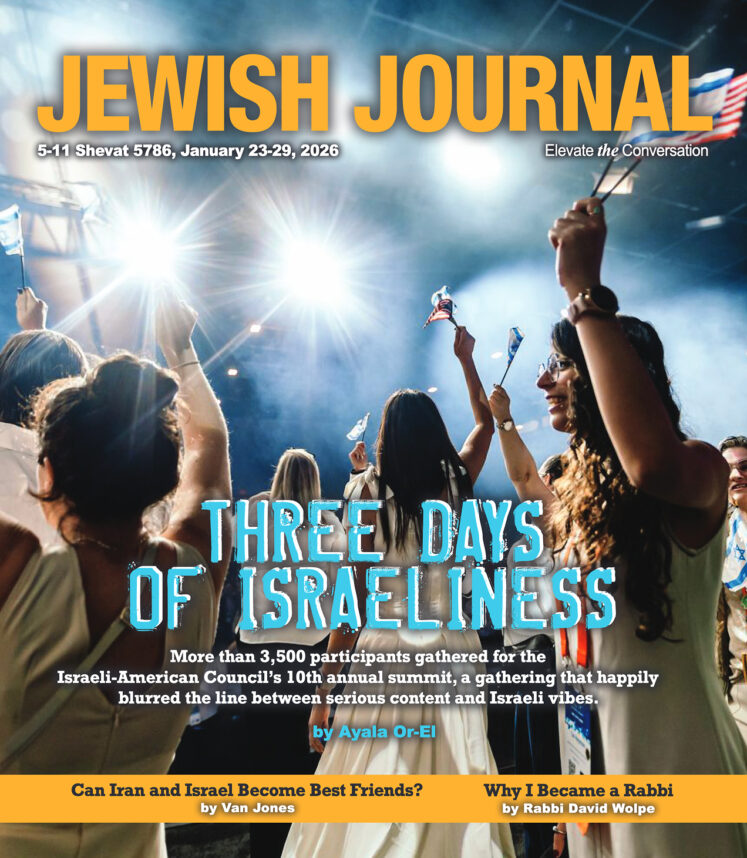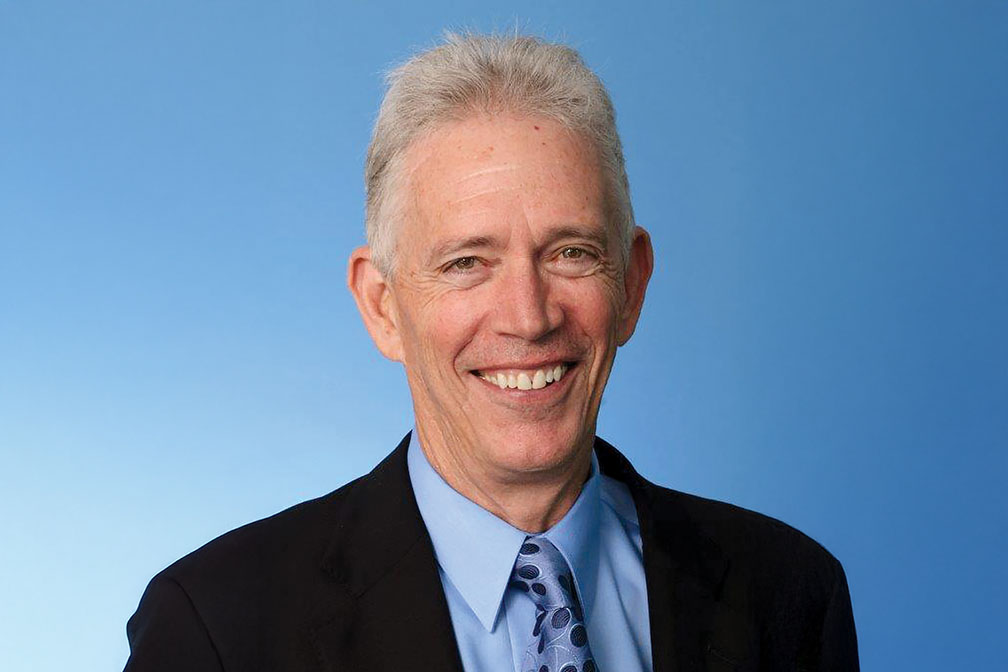
A Palestinian Uber driver kicked two Jewish women out of his car on May 19 after he learned they were leaving the Israeli-American Council (IAC)’s Celebrate Israel Festival at nearby Rancho Park.
In a phone interview with the Journal, Dayna, (who requested only her first name be used for fear of retaliation), 33, and Rachel (a pseudonym; she requested that no part of her name be used for fear of retaliation) said they were in the back seat of the driver’s car across the street from Rancho Park at Fox Studios when he asked them, “What event were you coming from?” The women responded, “Just an event.” After the driver — who according to his Uber profile is named Mustafa — asked them again where they had come from, and after noticing that the car had not yet moved, Dayna said, “An Israeli Independence Day event.”
The driver then told them to get out of his car.
“He started laughing and he looked us dead in the eye and he said, ‘You need to get out of my car. I’m Palestinian,’ ” Dayna said. “The only reason I can think of that he would ask us which event we were coming from is he clearly wanted to make a statement. It was clear by the families crossing the street and the security that it was an Israel Independence event.”
“I could see his eyes in the wing mirror and he just spun around … his eyes were wild … raged … and that’s what frightened me,” Rachel added.
The women got out of the Uber. “We were pretty freaked,” Dayna said.
“His rage was so great that he couldn’t handle anyone associated with Israel, and that’s a hate crime, that’s prejudice,” Rachel said. “As females, it’s very intimidating to be in a situation with a male driver. He overpowered us.”
“We definitely felt threatened,” Dayna said. “I take Ubers twice a day to and from work and I’ve never been told to get out of someone’s car because I’m Jewish.”
As soon as Dayna arrived home, she emailed Uber and received an automatic reply saying, “Sorry you had that experience. You won’t be charged for the ride.”
“No human reached out — no options, no recourse,” she said. “Uber should fire that person. Uber should have called me and expressed a sincere apology.”
A similar incident occurred on May 4, 2018, when an Uber driver demanded that an Israeli diplomat get out of his car in the middle of Chicago traffic because he answered a phone call in Hebrew. Immediately after Uber received the complaint, they banned the driver from the app.
“He started laughing and he looked us dead in the eye and he said, ‘You need to get out of my car. I’m Palestinian.’ ” — Dayna
In a statement to the Journal, StandWithUS CEO Roz Rothstein said, “Unfortunately, anti-Semitism is rearing its ugly head in far too many venues, including, regrettably, from Uber drivers. It’s sad that an Uber driver (or a person in any vocation) would be so out of control and risk their livelihood and reputation because of their intolerance and bigotry. We commend Uber for taking immediate disciplinary action against other drivers in the past who were unable to control their racism, by suspending and/or firing them, and we trust they will do the same in this case.”
According to the Anti-Defamation League (ADL), there were 1,879 recorded attacks against Jews and Jewish institutions across the United States in 2018, “the third-highest year on record since ADL started tracking such data in the 1970s,” according to the ADL’s 2018 Audit of Anti-Semitic Incidents. In addition, there has been a 27% overall increase in anti-Semitic incidents from 2017 to 2018 in California, according to the audit.
In an email to the Journal, ADL Senior Associate Regional Director Natan Pakman said until the women file an incident report, the ADL cannot take any action. “We would rather speak to the victim(s) before weighing in, so we will hold off on a statement at this point.”
Rachel told the Journal she planned to file an incident report after the Memorial Day weekend.
IAC CEO Shoham Nicolet said in a statement, “This is yet another red flag demonstrating the growing hate directed toward Jews and supporters of the Jewish State, and it is a direct result of ongoing incitement. The IAC was proud to host a celebration that radiated pride and unity for all Israel and U.S. lovers. We will continue to stand up to anti-Semitism as we celebrate Israel from coast-to-coast.”
The Journal reached out to Uber’s communications department a week after the incident and a company representative said he would look into the complaint and respond by the end of the day. Several hours later, a spokesperson sent an email stating, “Uber does not tolerate any form of discrimination. What’s been described is horrible and the driver no longer has access to the app.”
The spokesperson also directed the Journal to “additional background” from Uber, noting that rider and driver safety is a top priority for the company, which investigates any reported incidents and has a clear non-discrimination policy.
Following Uber’s response, the Journal spoke again with the two women who were denied a ride. Rachel said while she was glad that Mustafa had been banned from Uber, “I want to make sure [he] is banned from Lyft, too.”
Dayna said, “Hearing that the guy was banned is huge. The only issue is that they only handled it when a newspaper reached out. There’s really no recourse for a user in this situation, other than a generic dropdown menu and a complaint of a driver acting unprofessionally.”
She added, “I think it is very important that we document and speak out about even small acts of anti-Semitism because if we don’t, then it will only get worse. My bubbe, who passed recently, was an avid reader of the Jewish Journal and instilled its importance in me to this day, which is why I reached out. She would be very happy to know that it was the Jewish Journal that came through for me. Thank you for supporting the Jewish American community like you do. You are so invaluable to so many families.”
Melissa Simon is a senior studying journalism at University of Wisconsin-Madison and a Jewish Journal summer intern.












